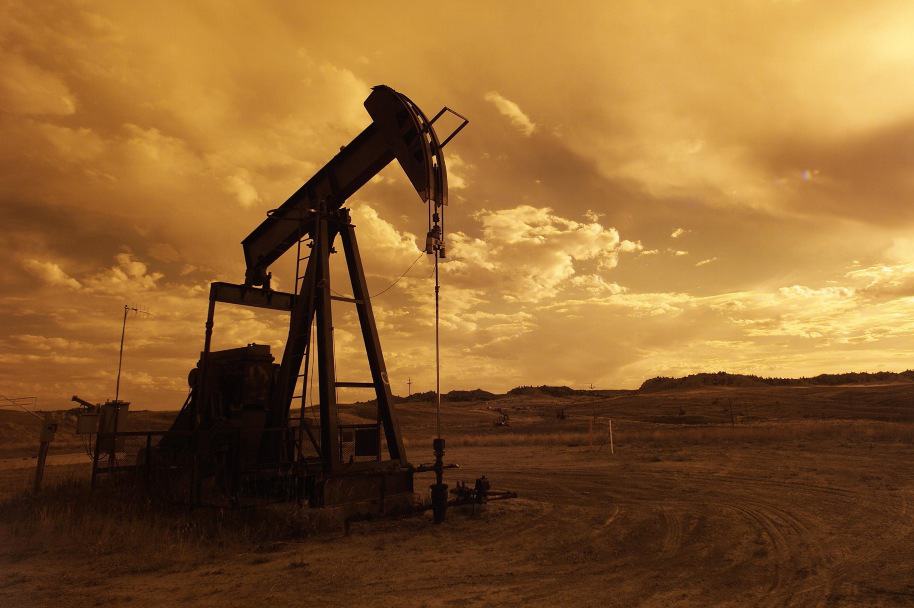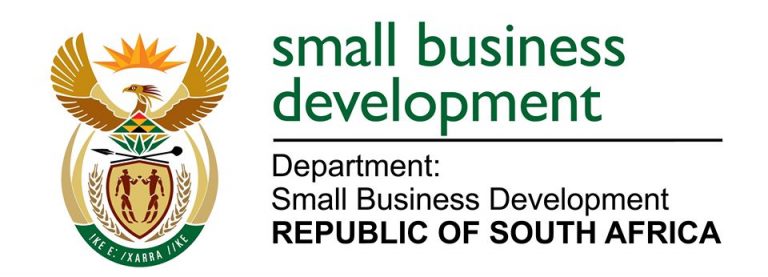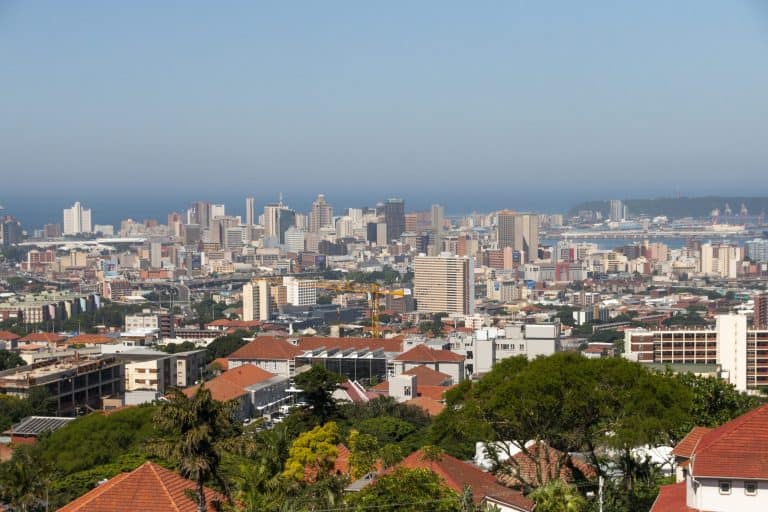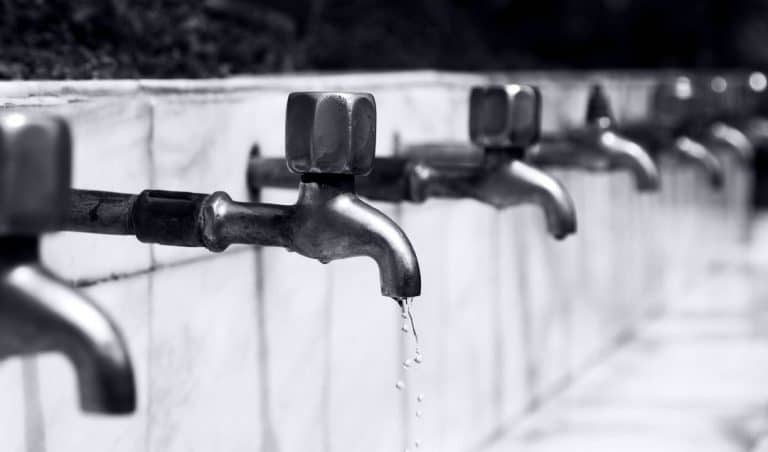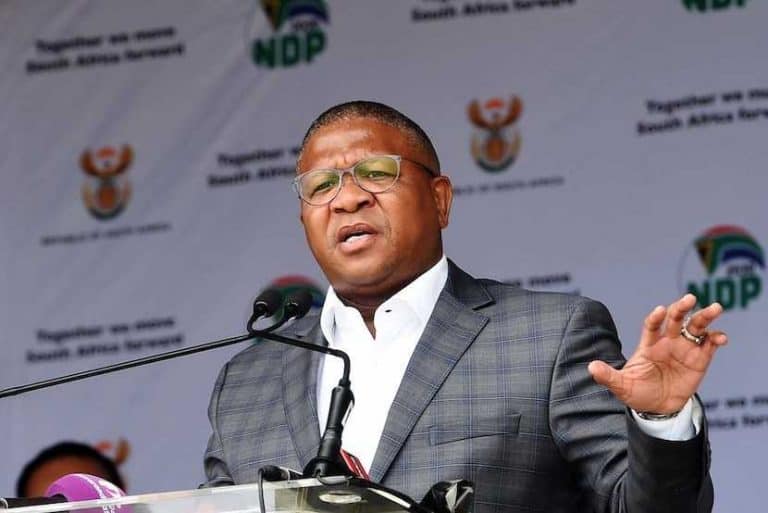Government’s renewed appetite for fracking leaves a bad taste
The South African government has recently renewed its appetite for shale gas exploration and extraction in the Karoo with Gwede Mantashe, the Minister of Mineral Resources and Energy, announcing that groundwork has been done for proceeding with the onshore extraction of fossil fuels in the Karoo.
Government plans on lifting the moratorium on shale gas soon, whilst auctioning off ten onshore blocks for oil and gas exploration across the Karoo. According to the Petroleum Agency of South Africa (PASA), some stratigraphic rock core samples drilled during 2020 and 2021 indicated the presence of both shale gas and oil.
In reference to South Africa’s commitments to pivot towards renewable sources of energy and the country’s Just Energy Transition Plan and commitments to a low-carbon future, Mantashe stated that “our transition is going to be sustainable if we access oil and gas on our shores. We are going to issue a request for proposals to explore that gas now.”
“The extraction of shale gas in South Africa’s semi-arid Karoo region will require the use of drilling and High-Volume Slickwater Horizontal Hydraulic Fracturing (“fracking”). It has been unequivocally demonstrated in other countries that this water intensive technology presents a high public health and environmental risk, with proven cases of groundwater and air pollution,” says Lambert de Klerk, Manager for Environmental Affairs at AfriForum, in reaction to the recent developments.
“These risks and effects are confirmed in the Strategic Environmental Assessment (SEA) on shale gas, commissioned by the Department of Forestry, Fisheries and the Environment and conducted by the Council for Scientific and Industrial Research (CSIR).
“Furthermore, a study commissioned by the Department of Science and Technology and produced by the Academy of Science of South Africa (ASSAF), highlighted South Africa’s lack of technical readiness to support an onshore shale gas venture. Both the ASSAF and SEA reports highlighted the need for comprehensive baseline studies prior to any exploration.
“At the moment, various proposed legislative and regulatory amendments in relation to shale gas exploration are still in draft form and the existing legislative framework does not provide for adequate protection of people and the environment. There further appears to be a continued lack of cooperation between various government departments in relation to, for example, the One Environmental System (OES) for mining, with different departments continuing to operate in silo’s,” concludes De Klerk.
Jonathan Deal, founder of the Treasure Karoo Action Group (TKAG), slammed the government conduct by saying: “The Minister’s statements are contrary not only to logic, but also to many of government’s own policies, plans and international commitments for a just energy transition. The false claims of wealth and sustainable jobs for citizens, coupled with overstated figures quoted for potential gas reserve sizes is dishonest and the timing of the Minister’s comments ahead of next year’s elections holds no surprise. Apart from the unfinished environmental, social, economic, heritage and water baseline studies, (which are essential to holding miners to account) and being realistic about a multi-year timeline to complete exploration, potential gas reserves in the Karoo, will do nothing to shield South Africa from Eskom’s crisis.
“The elephant in the room is without doubt the fact that government has consistently illustrated an incapability to effectively monitor, control and enforce mining operations and has even less chance of driving successful technical investigations into technical prosecutions in South Africa’s already over-burdened court system. Even in countries with greater monitoring and enforcement capacity, the petro-chemical industry is adept to escape liability through non-disclosure agreements and making use of their deep pockets when it comes to legal challenges and settlements. Dismissing concerns around this overall business culture within the South African context, is to dismiss the vast and unrehabilitated mining damage to land and water in South Africa – which is evident right now. Mining is out of control in South Africa,” continues Deal.
“Shale gas mining in the Karoo will not bring us out of loadshedding and it will not translate into food in the kitchen for poor communities. We urge local communities to unite citizens and reach out for information and support to watchdog and environmental organisations involved in shale gas mining. We are very concerned that shale gas mining would become yet another example of a get-rich-quick scheme for a handful of political elites, at the cost of the poor and vulnerable.
“After more than a decade and with more and more countries imposing moratoria and bans on fracking, our government has not been able to provide any proof that the benefits would outweigh the risks if South Africa if it proceeds with fracking in the Karoo,” concludes Deal.


